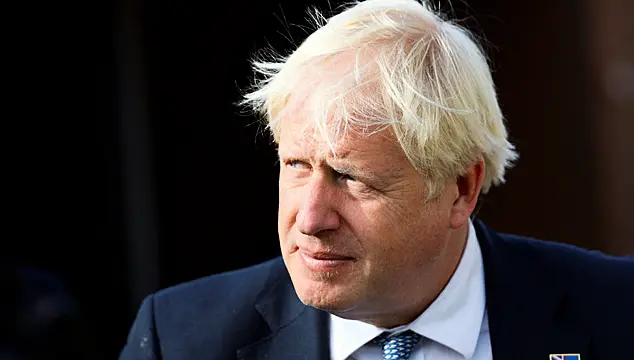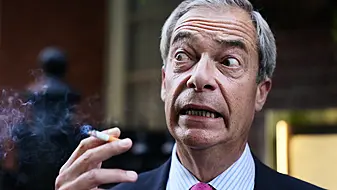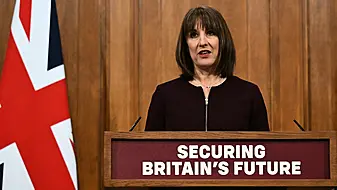MPs investigating whether Boris Johnson misled the British parliament over lockdown parties in Downing Street have rejected a claim that their procedures are “unfair” and “fundamentally flawed”.
A legal opinion commissioned by the UK government from senior barrister Lord Pannick KC shortly before Mr Johnson left office warned the investigation by the Commons Privileges Committee would be ruled unlawful by the courts.
But in its response, the committee said its own legal advisers had found that Lord Pannick’s opinion was founded on “a systemic misunderstanding of the parliamentary process and misplaced analogies with the criminal law”.
It rejected Lord Pannick’s view that a fair procedure required that Mr Johnson should be able to be represented at its hearings by counsel who would be able speak on his behalf and cross-examine witnesses.

It said that while witnesses were allowed to be accompanied by a legal adviser, it would require a change in the procedures of the House to allow them to take part in the hearings.
The committee also dismissed Lord Pannick’s argument that a failure by the committee to make an explicit distinction on whether Mr Johnson misled MPs intentionally could have a “chilling effect” on parliamentary debate, with MPs fearful of mis-speaking.
It noted there were well-established ways for minister to correct the record when the House was misled, which had been used at the rate of more than 200-a-year in recent years.
Mr Johnson in his ministerial career had made a number of formal corrections, including on five occasions when he was UK foreign secretary.







